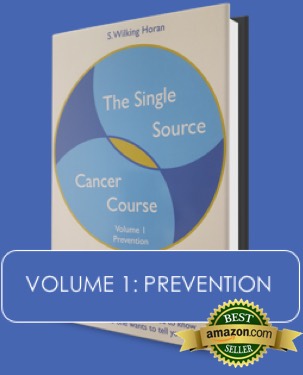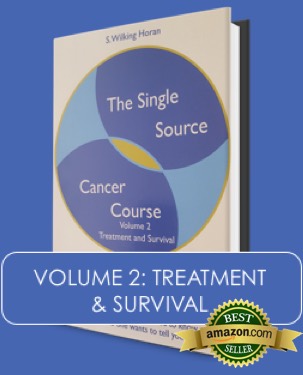 ACRYLAMIDE AND COFFEE – WHAT’S THE STORY?
ACRYLAMIDE AND COFFEE – WHAT’S THE STORY?
It’s another FACTUAL FRIDAY everyone and today we’re re-visiting the old issue of ACRYLAMIDE. But, this time our discussion also involves COFFEE.
Morning Joe, Java, Mud, Brew, Cuppa, Morning Jolt, Caffeine Infusion – whatever you call it, for most of us Coffee is synonymous with Good Morning, Get Up and Go, and Have a Great Day.
But, now our Leaded and Unleaded, High Octane, AM Liquid Energy, I Can’t Get Out of Bed Without It, may come with a health warning. At least, if you live in the state of California.
“Why?” you ask. Because, coffee – more specifically coffee beans – produce the possible cancer-causing chemical acrylamide when roasted.
Now, we’ve discussed acrylamide before. After all, this chemical is found in many foods that have been cooked at high temperatures and was declared a carcinogen by the World Health Organization nearly 25 years ago.
It also was placed on California’s Proposition 65, The Safe Water and Toxic Enforcement Act, which requires businesses to post warnings on products that may be harmful to the public.
But, coffee? What’s the deal? Should we be nervous about this?
One step at a time, let’s review a few facts about the popular brew and try to sort things out.
FIRST, THE CONS.
1) There’s no getting around it. When coffee beans are roasted they produce acrylamide, which is a potentially cancer-causing chemical in humans.
2) Acrylamide levels peak early in the heating process and then decline. As a rule of thumb, therefore, lighter colored coffee beans have more Acrylamide that darker beans that have roasted longer.
3) Research has shown that instant coffee has about 100% more acrylamide than fresh roasted coffee. And, coffee substitutes have about 300% more acrylamide than fresh roasted coffee.
4) No coffee is completely free of acrylamide. Varieties vary. But, the coffee industry is working on solutions to reduce the amount of acrylamide in coffee to make it safer for the consumer.
SECOND, THE PROS.
1) Drinking coffee regularly has been shown to increase mental clarity and brain function while lowering one’s risk for dementia and Alzheimer’s disease.
2) Coffee drinkers appear to live longer.
3) Coffee drinking increases our metabolic rate and improves exercise and physical performance.
4) Regular coffee drinkers lower their risk for Parkinson’s disease and Type 2 diabetes.
5) Coffee drinking has been shown to reduce the risk of certain cancers, not increase the risk.
6) People who increased their coffee intake by two cups a day lowered their risk of developing liver cancer by a whopping 40%.
Overall, it appears the health benefits of drinking coffee are much greater than the risks. Now, that’s Good News for most of us.
And by the way, we are bombarded by acrylamide every day from a variety of food sources, including bread, barbeque meats, fried eggs, crunchy toast, peanut butter, chili con carne, bagels, breakfast cereals, pizza, popcorn, crackers, cake, cookies, olives, hot-brewed teas and even some baby formulas.
Yet, there is no evidence at this time that small amounts of dietary acrylamide cause harm to humans.
So, back to that warning label. An on-going lawsuit that is pushing for a warning label on coffee in California will be resolved in the coming months by a judge. If the judge finds for the plaintiff – the group who brought the lawsuit – every Starbucks, Peets, Coffee Bean & Tea Leaf, Café Luxxe, Dunkin Donuts and Krispy Kreme – and every can of Folger’s, Maxwell House, Chock Full O’ Nuts, Seattle’s Best and Yuban — will serve their coffee with a “Warning: This Product May Be Hazardous to Your Health.”
As always look at the facts. Do your due diligence. Exercise common sense. Weigh the pros and cons. Act responsibly. Indulge moderately. And, know that at this time the positive effects of coffee on our health are greater than the negative effects. So, grab a cup of your favorite brew, put your feet up, take a big sip, relax and partake in one of life’s little, yet thoroughly enjoyable, pleasures — A Good Cup of Coffee 😊
Thanks again for joining me everyone. Until next time, stay in GOOD HEALTH and . . .



Leave a Comment